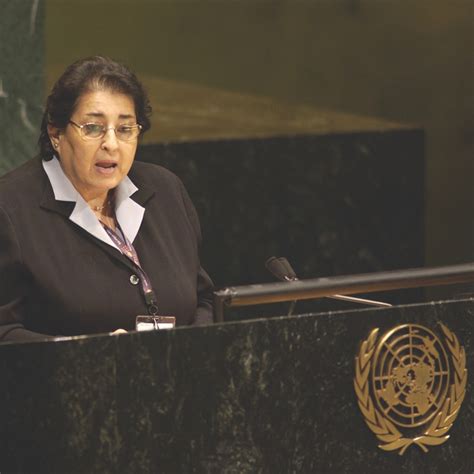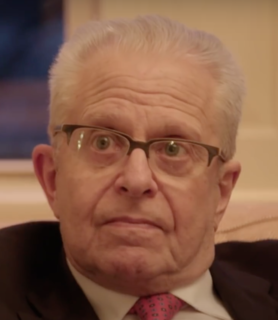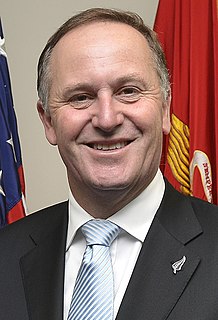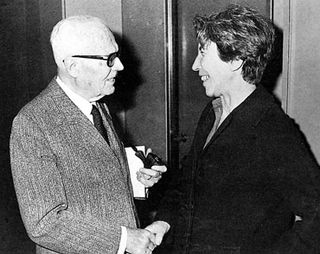A Quote by Johan Rockstrom
Even the wealth of the U.S. cannot protect against the levels of environmental destruction that we are unleashing.
Related Quotes
The environmental crisis is somber evidence of an insidious fraud hidden in the vaunted productivity and wealth of modern, technology-based society. This wealth has been gained by rapid short-term exploitation of the environmental system, but it has blindly accumulated a debt to nature-a debt so large and so pervasive that in the next generation it may, if unpaid, wipe out most of the wealth it has gained us.
It was strange, how easily and quickly protection could cause destruction. Sometimes, Vasher wondered if the two weren't really the same thing. Protect a flower, destroy pests who wanted to feed on it. Protect a building, destroy the plants that could have grown in the soil. Protect a man. Live with the destruction he creates.
Our countries are weaker: they cannot protect us from imported goods, they can't protect us from climate change, they cannot protect us from epidemics. These things cross borders. But the kind of cooperation that would protect us from those things was completely lacking and because of this there's been a backlash. People feel vulnerable.
Casein [the main protein found in dairy], in fact, is the most 'relevant' chemical carcinogen ever identified; its cancer-producin g effects occur in animals at consumption levels close to normal-striking ly unlike cancer-causing environmental chemicals that are fed to lab animals at a few hundred or even a few thousand times their normal levels of consumption.
What is fear? Why are you so afraid? Even if everything is known about you and you are an open book, why fear? How can it harm you? Just false conceptions, just conditionings given by the society - that you have to hide, that you have to protect yourself, that you have to be constantly in a fighting mood, that everybody is and enemy, that everybody is against you. Nobody is against you! Even if you feel somebody is against you, he is not against you because everybody is concerned with himself, not with you
One percent of the nation owns a third of the wealth. The rest of the wealth is distributed in such a way as to turn those in the 99 percent against one another: small property owners against the propertyless, black against white, native-born against foreign-born, intellectuals and professionals against the uneducated and the unskilled. These groups have resented one another and warred against one another with such vehemence and violence as to obscure their common position as sharers of leftovers in a very wealthy country.






































